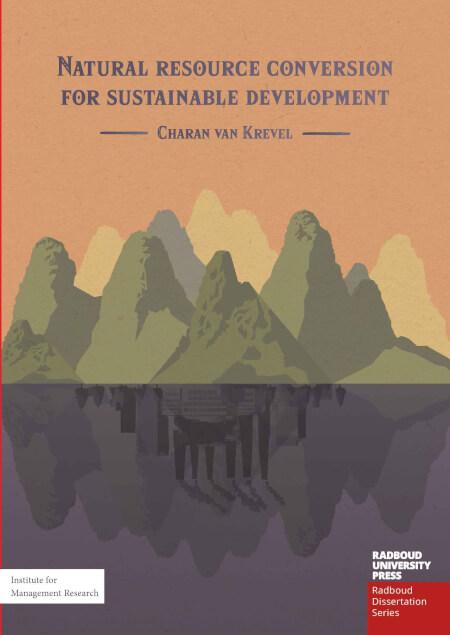Natural resource conversion for sustainable development
Keywords:
Sustainable development, Natural resources, Economic growth, Inclusive wealth, Natural capital conversionSynopsis
Sustainable development meets the needs of the present without compromising the ability of future generations to meet their own needs. This dissertation examines how natural resources (natural capital) can be used to meet the needs of both present and future generations. Sustainable development is achieved when returns from natural resource extraction enhance the productive capabilities of future economies. This is successful once natural capital is sufficiently converted to human and manufactured capital.
Four empirical studies show that (i) countries rich in natural capital develop least sustainably. This increases the gap between rich and poor in the future. (ii) Natural resource extraction accelerates sustainable development, slowly reducing unsustainable development. (iii) Investment in human capital is most useful for both current and future generations: it has the highest conversion factor. (iv) The biggest obstacles to natural capital conversion are: politics (e.g., corruption), unbalanced commodity exports (Dutch disease), and inadequate commodity taxes. (v) Governments spend resource taxes sufficiently invest in projects that contribute to sustainable development. All in all, unsustainable development comes not from apathy or aversion to sustainable development, but from systematic institutional and economics factors.

Published
Series
Categories
License

This work is licensed under a Creative Commons Attribution-NonCommercial-NoDerivatives 4.0 International License.


